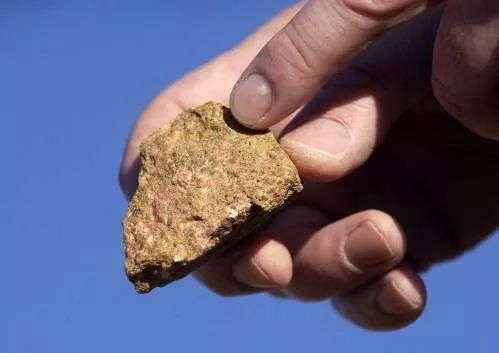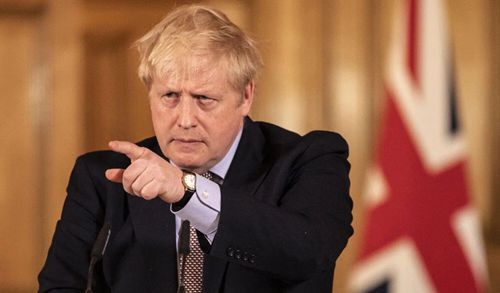According to the Times website on April 5, the UK has joined a global race to secure access to rare earth elements. These elements are crucial for fighter jets, wind turbines and electric cars.
Rare earth elements have been dubbed "industrial gold" because they are vital to the defense and technology industries but are difficult to refine and process, the report said.

A comprehensive review of Britain's foreign and defense policy released last month identified the country's reliance on rare earths as a so-called security concern, and said Britain needed to diversify its supply of key commodities and reach agreements to 'keep trade in key commodities open in times of crisis,' the report said.
British Seabed Resources is a subsidiary of the British arm of U.S. defense company Lockheed Martin Corp., the report said. The company has received funding from the British government and is developing a deep-sea mining project in the Pacific Ocean.
At development projects in the Pacific, scientists are seeking to collect mineral-rich nodules the size of tennis balls, which could provide millions of tons of copper, nickel, cobalt, manganese and rare earth ores, the report said. Several countries, including Japan, South Korea, Belgium, Germany and France, have similar programs in the Pacific.
"Significant restrictions on rare earth supplies could have a serious impact on UK and US defence and aerospace companies," Dr Dwayne Ryan Menezes, of the Polar Research and Policy Initiative, said in a report.

Chris Williams, managing director of British Subsea Resources, said it was hoped the project in the Pacific would produce three million tonnes of TB a year by 2030. The mine would contain enough rare earth elements to meet at least Britain's domestic needs.
A Department for Business, Energy and Industrial Strategy spokesman said: "We are committed to making the UK a world leader in battery technology, and this includes exploring opportunities to refine and process key rare earth elements domestically."

